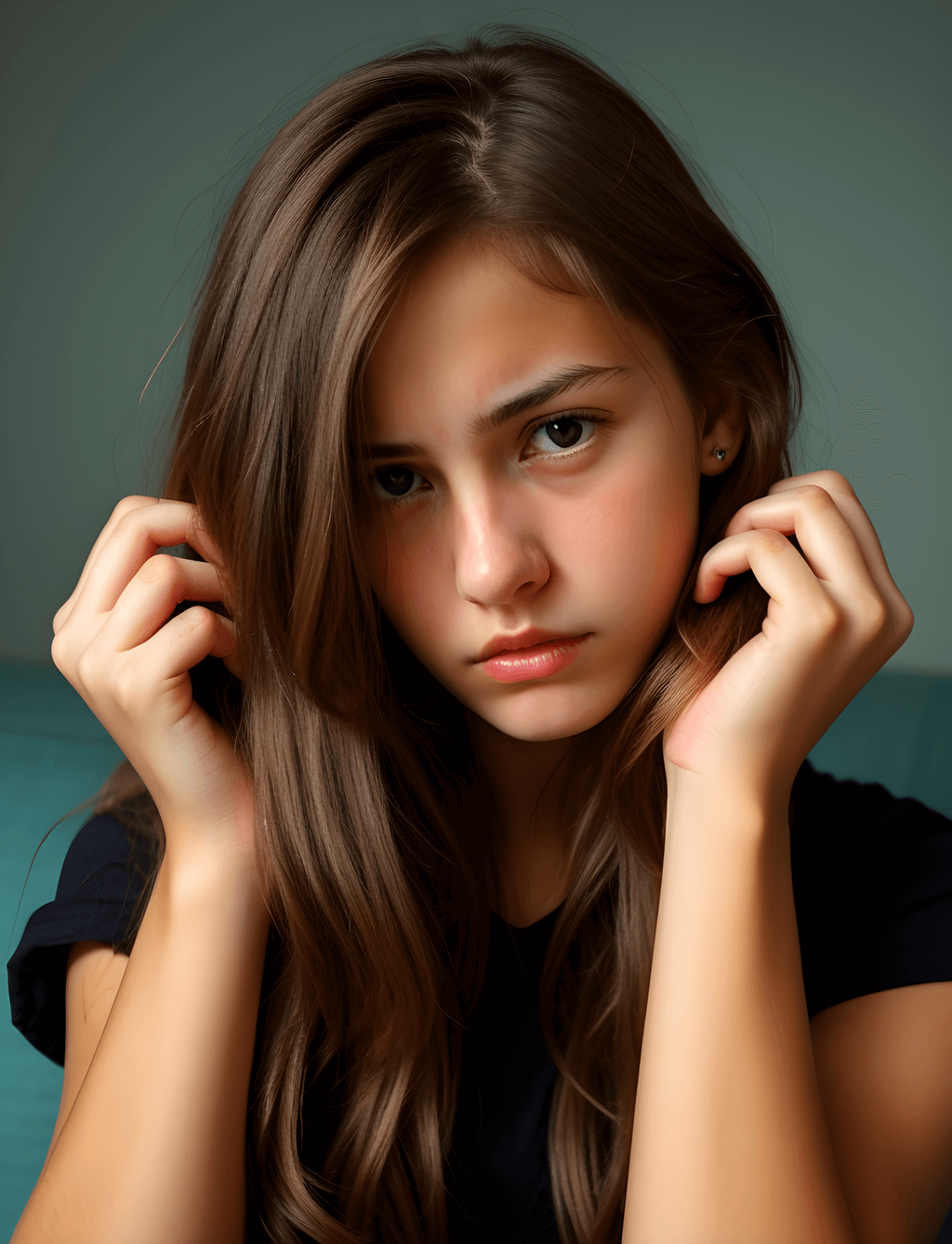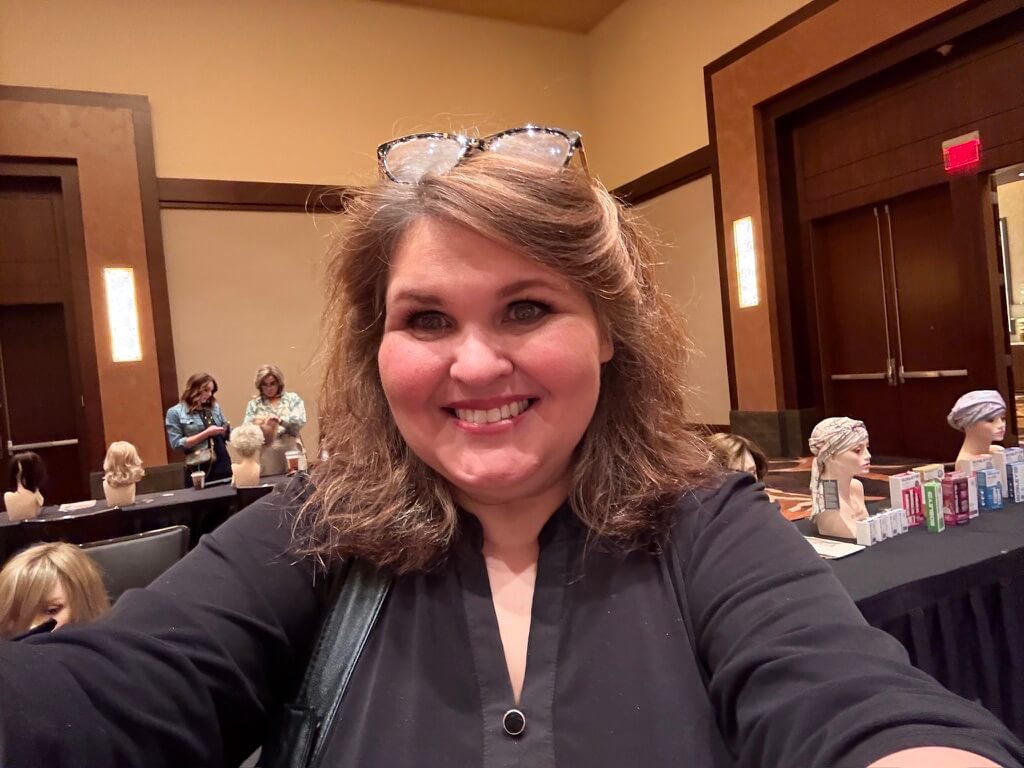Alopecia (pronounced al-oh-PEA-sha) simply means hair loss. It can refer to a number of conditions that cause partial to total hair loss.
Types of Alopecia
Alopecia Areata
Alopecia Areata is a hair-loss disease that affects men, women and children. Although not completely understood, Alopecia areata is generally believed to be an autoimmune condition which causes patchy hair loss.The onset is often sudden, without warning. It usually begins with a small, completely bald patch on the scalp, beard or body about the size of a half dollar, with very distinct borders. It can resolve on its own and never return, or it can recur or even progress to total hair loss. The unpredictability of Alopecia Areata can be very frustrating.
Alopecia Totalis
Alopecia totalis is a more advanced form of alopecia areata which results in total loss of all hair on the scalp.
Alopecia Universalis
Alopecia universalis is the most advanced form of alopecia areata which results in total loss of all hair on the body, including eyelashes and eyebrows.
Androgenetic Alopecia
Also known as male pattern baldness or female pattern baldness. It is a hereditary form of hair loss and is the most common type of progressive hair loss.
Scarring Alopecias
Scarring alopecias, also known as cicatricial alopecias, refers to a group of rare disorders which cause permanent hair loss.
Traction Alopecia
Traction alopecia is usually due to excessive pulling or tension on hair shafts as a result of certain hair styles. Prolonged traction alopecia can stop new hair follicles developing and lead to permanent hair loss.
Anagen Effluvium
This hair loss is generally a side effect of medication, such as chemotherapy. Once the drug therapy is stopped, the hair normally grows back (usually about 6 months later). Other drugs also can cause hair loss. Many medicines used to treat even common diseases can cause hair loss.
Telogen Effluvium
A form of hair loss where more than normal amounts of hair fall out. There is a general \’thinning\’ of the hair. Unlike some other hair and scalp conditions, it is temporary and the hair growth usually recovers. Telogen Effluvium can be caused by hormonal shifts, such as pregnancy, childbirth and menopause, or due to emotional or physical stress (such a surgery.)
Coping with Alopecia
Although it is neither painful or damaging to physical health, hair loss can severely affect the quality of life and emotional health of sufferers. The keys to coping are Accurate information, support friends and family and access to resources.
There is no cure or universally effective treatment for alopecia. A treatment that is effective for one individual may not work for another. Consult with your doctor to determine if medical treatment may be effective for you.
Whether alopecia proves to be a temporary or permanent condition, a wig or hairpiece is the fastest and most effective way of coping with hair loss, restoring confidence and a sense of normalcy. The compassionate consultants at A Special Place are trained in customizing a solution that is comfortable and natural in appearance. If you or someone you love is experiencing hair loss, please call us today for a free consultation.







